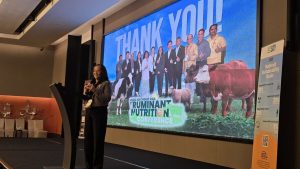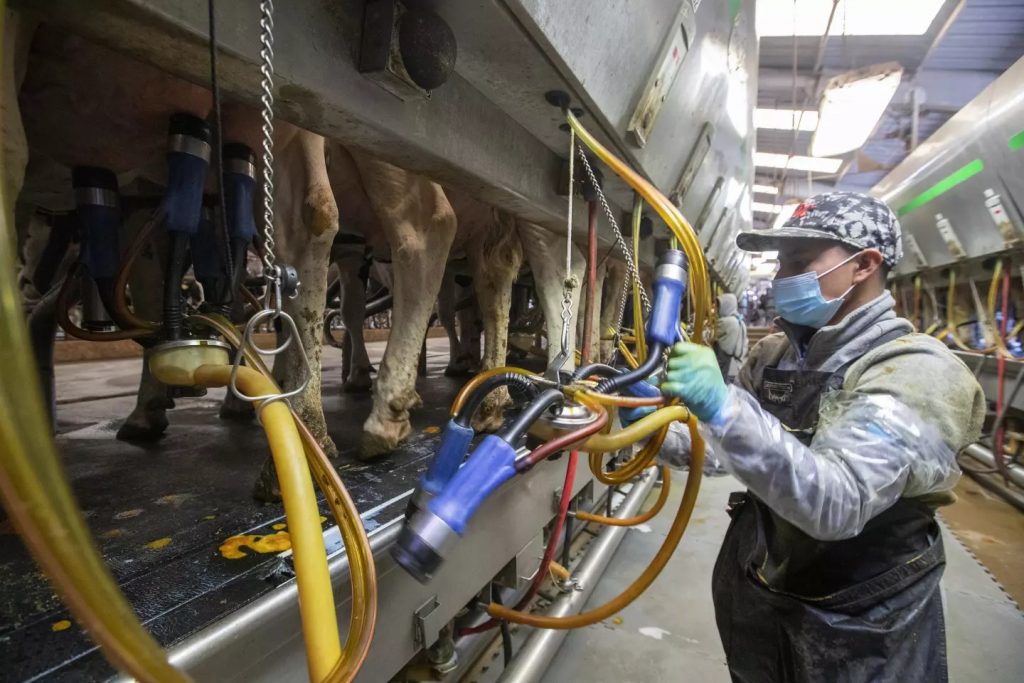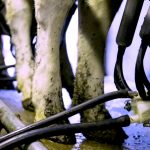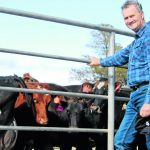
Fear Among Workers Could Mask H5N1 Spread, Endanger Public Health.
The U.S. dairy and poultry sectors face a critical challenge in controlling the H5N1 bird flu outbreak, as concerns rise that an immigration crackdown could stifle effective disease containment. While bird flu cases have reportedly waned this summer, experts remain vigilant for a potential resurgence in the fall. The central issue revolves around the disproportionately affected immigrant workforce, whose fears of immigration enforcement could deter them from reporting symptoms or getting tested, thereby creating dangerous blind spots in surveillance and increasing the risk of the virus’s spread.
Since its initial detection in U.S. dairy cows in March 2024, H5N1 has largely impacted dairy and poultry workers, accounting for 65 of the 70 confirmed human infections, according to the U.S. Centers for Disease Control and Prevention (CDC). These individuals, as frontline handlers of livestock, are at an elevated risk of exposure compared to the general public. Their cooperation in disease monitoring and response efforts is therefore paramount, making any barrier to their participation a serious public health concern.
Virologists and public health experts warn that if workers are hesitant to come forward for testing due to immigration fears, it could prevent early medical interventions vital for H5N1 patients and allow the virus to circulate undetected. The article notes the virus’s adaptable nature, highlighting a new D1.1 variant that emerged in the fall of 2024, sparking fresh outbreaks across dairy cows, poultry, and other animals. This demonstrates the ongoing and evolving threat that necessitates comprehensive and unhindered surveillance.
The dilemma underscores a broader systemic vulnerability within the agribusiness sector’s biosecurity measures. Effective disease control relies on transparent reporting and collaboration, which can be inadvertently undermined by policies unrelated to public health. For dairy producers and poultry operators, this emphasizes the need for policies that prioritize public health and worker well-being, fostering trust that encourages, rather than discourages, full participation in disease mitigation efforts on their farms.
For the international dairy community and those monitoring global public health, the U.S. situation serves as a critical case study. It illustrates how social factors, such as the treatment of migrant labor, directly intersect with animal and human health, potentially compromising the stability and safety of food production systems. Addressing these complex interconnected challenges is essential for a robust and resilient global dairy supply chain capable of responding effectively to future zoonotic disease threats.
Source: Los Angeles Times: Immigration crackdown could stymie efforts to fight bird flu outbreak, experts fear
You can now read the most important #news on #eDairyNews #Whatsapp channels!!!
🇺🇸 eDairy News INGLÊS: https://whatsapp.com/channel/0029VaKsjzGDTkJyIN6hcP1K


















